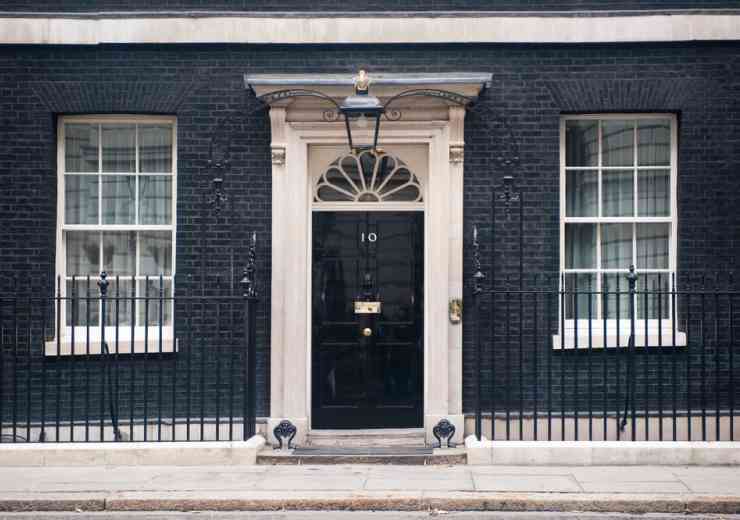Gaps in online surveillance of criminals says Home Office
The rapidly changing nature of internet-based communications has left the security agencies and the police unable to legally track the online activities of terrorists and serious criminals in 25% of cases, the Home Office says.
Security chiefs say that the current law requiring European-based communications service providers, such as BT and Virgin Media, to collect and store monitoring data on everyone's email and internet use fails to cover major overseas-based players, including Gmail and Hotmail.
Home Office sources say that the "traffic data" – who was in contact with whom from what location and at what time – now provides evidence in 95% of serious organised crime investigations and has "played a significant role in every major security service counterterrorist investigation over the past decade".
The new internet surveillance law will not give the police the power to retain the content of any emails, tweets or other social media use or their use in real time. Instead it will build on an existing 2009 European Union directive which requires internet service providers to collect and store for 12 months the mobile phone and internet use data they keep for the purposes of billing customers.
The Home Office says it will foot the bill for the costs of the industry keeping the 25% extra data that is required. Earlier estimates of a £2bn bill applied to the creation of a central Home Office database that is no longer being proposed.
The bill will restrict access to the most sensitive types of data to the police, emergency services and intelligence agencies. Local authorities, which were responsible for 1,800 out of the 500,000 requests for such data last year, will need the approval of a magistrate in future for such requests.
For more information
www.homeoffice.gov.uk
digital issue


























